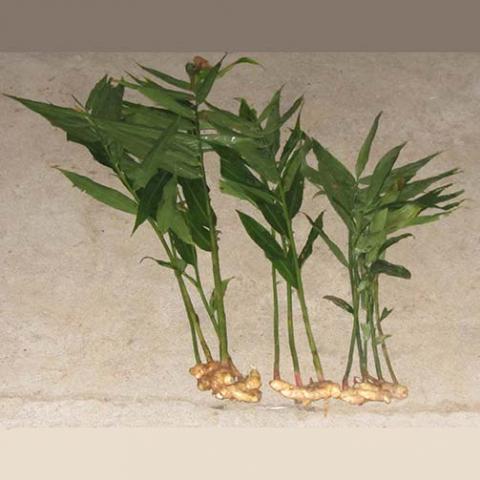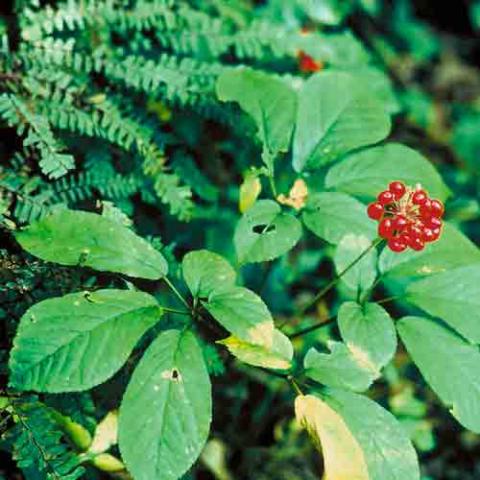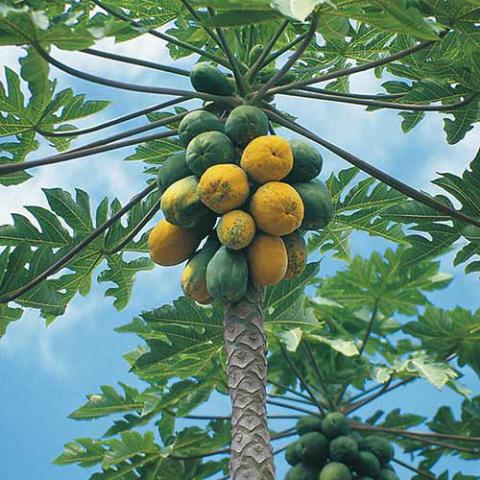Therapeutic: Aphrodisiac
An aphrodisiac is defined as any food or drug that arouses the sexual instinct, induces veneral desire and increases pleasure and performance. This word is derived from Aphrodite the Greek Goddess of love and these substances are derived from plants, animals or minerals and since time immemorial they have been the passion of man. A lot of natural substances have historically been known as aphrodisiacs in Africa and Europe, like yohimbine and the mandrake plant, as well as ground rhinoceros horn in the Chinese culture and “Spanish fly” which is actually toxic. Even in today's culture, there are certain foods that are used as aphrodisiacs, including strawberries and raw oysters. Chocolate, coffee, and honey are also believed to have aphrodisiac potential. Although these natural items are claimed as aphrodisiacs, there is no or little scientific confirmation supporting those assertions.
| Spice/Herb | Genus species | Parts used |
|---|---|---|
| Safed musli | Chlorophytum borivilianum | Roots |
| Gondolosi | Mondia whitei | Roots |
| Goat's-head | Tribulus terrestris | Whole plant |
| Saffron | Crocus sativus | Stigma |
| Ginger | Zingiber officinale | Free radical scavenger |
| Nutmeg | Myristica fragrans | Pollen |
| Date palm | Phoenix dactylifera | Free radical scavenger |
| Maca | Lepidium meyenii | Root and lower part of the hypocotyl |
| Thai black ginger | Kaempferia parviflora | Rhizomes |
| Tongkat ali | Eurycoma longifolia | Roots |
| Jamzad | Satureja khuzestanica | Essential oil |
| Ginseng | Panax ginseng | Root |
| Yohimbe | Pausinystalia yohimbe | Bark |
| Fadogia | Fadogia agrestis | Stem |
| Zoapatle | Montanoa tomentosa | Leaaves and flowers |
| Country almond | Terminalia catappa | Seeds |
| Mexican apple | Casimiroa edulis | Seeds |
| Damiana | Turnera diffusa | The leaves and other aerial parts |
Reference: PubMed
Indian ginseng (Ashwagandha): Ashwangandha (sometimes called Indian ginseng) has been clinically shown to improve the quantity and health of sperm, but it’s also powerful for reducing stress, which can be at the root of all kinds of fertility and conception problems. Ashwagandha is potent, so I recommend taking it as-needed, particularly because it’s slightly relaxing, and can begin to lose its efficacy if you take it all the time. Another note: Ashwagandha should not be taken during any phase of pregnancy, as its safety for pregnant women has not been established.
Chinese Mushrooms: In traditional Chinese medicine, mushrooms have a long history as therapeutics and tonics. Amongst the best studied is cordyceps sinensis, which can increase testosterone levels in both young and elderly men. It has also been shown to reduce fatigue and improve blood flow, making it a useful all-around energy and fertility booster. It may also directly stimulate sex centers in both the male and female brain. These aren’t really food mushrooms, so they’re, best taken as a daily supplement.
Mucuna Pruriens: Mucuna pruriens (also called velvet bean, or cow-itch, because touching the bean as it’s growing in its natural form can trigger a dermatitis reaction) is a legume of African and Asian origin. It contains L-dopa, which is converted to dopamine, the reward chemical in the brain—it’s the same system that ecstasy would work on, and while it’s certainly more mild, it has the effect of boosting that system. Many people find that Mucuna pruriens puts them in ‘the mood for love,’ but it’s also an energy-booster and anti-depressant. Try taking with a passiflora (passion flower) tea, which boosts and enhances the effect. The Mucuna pruriens bean itself is not really edible, so you’ll take it ground up in some kind of capsule.
Maca: Cultivated in South America for over 3,000 years, Maca improves sexual function in both men and women, and promotes healthy ovulation in women. It typically comes in a powder, ground up and dried from the root. Scientists studying maca found that while it was increasing sexual drive and performance, there was no effect on sex hormones—when they started looking in more detail, they realized it was impacting the psychology of sex, including patients ability to create effective sexual fantasies. By most accounts, maca powder tastes relatively bitter and bad, so it’s best mixed into smoothies or other foods. It’s safe enough to take every day.
Ginseng (Korean Ginseng): Ginseng, another traditional Chinese medicinal herb, is good for general vitality and energy. Some studies have shown it to be effective in both men and women for increasing desire and performance, as well as improving reproductive capacity. You can reasonably take it every day—it’s an adaptogen, so if you get out of whack in any direction, it will gently bring you back to center. Traditionally chewed, I think it’s nicest prepared as a tea. A warning, though: Ginseng can aggravate high blood pressure, so anyone with hypertension should steer clear.
Reference: goop.com




